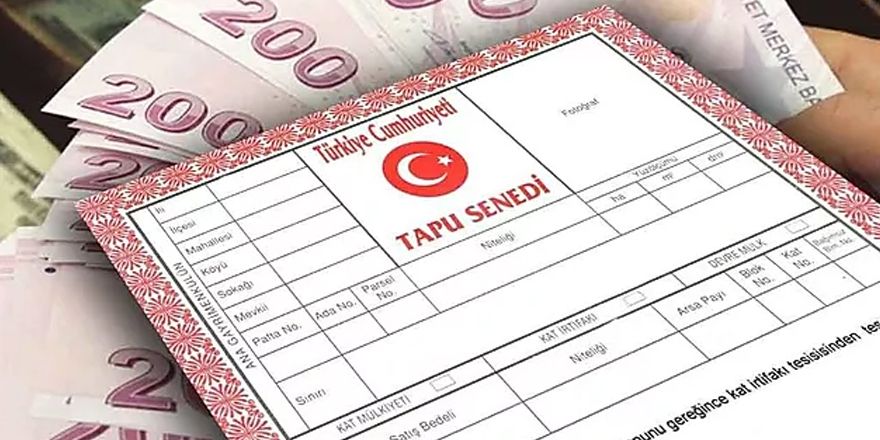Turkish Statistical Institute releases 2022 External Trade Statistics report
The Turkish Statistical Institute (TurkStat) has unveiled its highly anticipated "External Trade Statistics by Enterprise Characteristics, 2022" report, shedding light on the dynamics of Türkiye's external trade.

 Google News'te Doğruhaber'e abone olun.
Google News'te Doğruhaber'e abone olun. The report combines external trade data with business registers, providing valuable insights into the country's trade landscape.
In 2022, Türkiye saw a significant increase in the number of enterprises engaged in both exports and imports. There were 114,155 enterprises involved in exports and 173,302 in imports. Impressively, the matching rates were near-perfect, with approximately 100.0% for exporter enterprises and importers, highlighting the success in linking trade operators recorded in trade registers with enterprises in business registers. This growth in enterprise numbers was attributed to the rise in Simplified Customs Declarations.
Breaking down the contribution to exports, micro enterprises (1-9 employees) accounted for 19.4%, small enterprises (10-49 employees) for 18.9%, medium-sized enterprises (50-249 employees) for 19.4%, and large enterprises (250+ employees) for a substantial 42.3%. Conversely, in total imports, large enterprises played a dominant role, making up 60.9%, while micro enterprises accounted for 11.3%, small enterprises 10.7%, and medium-sized enterprises 17.1%.
The industrial sector took the lead in exports, responsible for 55.4% of total exports, while enterprises primarily involved in trade activities contributed 40.6%. Large enterprises significantly contributed to the industry sector's exports, accounting for 66.7%, whereas small and medium-sized enterprises played a vital role in trade sector exports, contributing 89.3%.
For imports, large enterprises also dominated the industry sector, representing 79.3% of total imports. In the trade sector's imports, the share of large enterprises decreased slightly from 30.1% to 28.1%. Still, they maintained a strong presence in other sectors' imports, with a share of 69.2%.
Notably, enterprises in the industrial sector had a substantial export share with the European Union (EU 27) at 45.3%, followed by Near and Middle Eastern countries at 14.0%, and other European countries at 13.2%. Meanwhile, imports for industrial activities mainly came from the EU 27 (29.5%), Other Asian Countries (25.4%), and Other European Countries (18.0%).
The industrial sector played a pivotal role in manufactured product exports, contributing 56.9%, while trade enterprises contributed 39.5%. In contrast, industrial enterprises dominated manufactured product imports with 48.8%, while trade enterprises accounted for 41.5%, and enterprises in other sectors handled 9.8% of it.
Surprisingly, the top 500 enterprises were responsible for a significant portion of both exports (48.9%) and imports (67.5%) in 2022. The top five enterprises, primarily engaged in the industry, accounted for 12.6% of the industry sector and 12.0% of total exports. In imports, the top five enterprises, with activities in both industry and trade, represented 20.5% in the industry and 13.1% in trade.
Lastly, the report revealed that 61.8% of enterprises imported from a single partner country, while 16.3% imported from two partner countries. Astonishingly, 5.1% of enterprises imported from 20 or more partner countries, contributing significantly to the country's imports, amounting to 61.3%.
The "External Trade Statistics by Enterprise Characteristics, 2022" report provides valuable insights into Türkiye's trade landscape, showcasing the role of enterprises in shaping the nation's external trade dynamics. (ILKHA)



















































